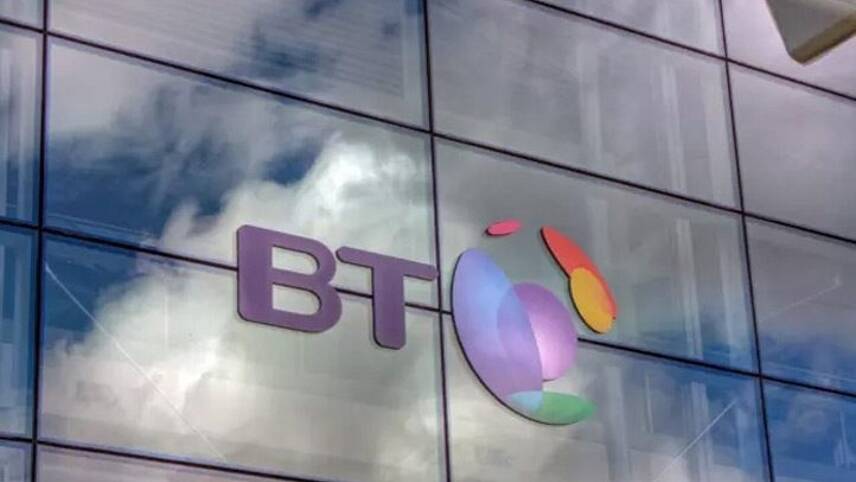Register for free and continue reading
Join our growing army of changemakers and get unlimited access to our premium content

The firm has today (1 December) launched a new Manifesto, setting out its priorities for growth over the coming decade. BT said in a statement that the plans are centred around responsibility, inclusivity and environmental sustainability.
On this latter point, the Manifesto confirmed that BT’s net-zero target for operational emissions has been brought forward from 2045 to 2030. This change was first announced in September. For Scope 3 (indirect) emissions from the supply chain and from customer use of BT products and services, the net-zero deadline is 2040.
Building on BT’s long-standing 3:1 ambition – a commitment to help customers avoid releasing at least three times as much CO2e as the business’s operations generate – there is also a new commitment to help customers avoid 60 million tonnes of CO2e by 2030. This target is set cumulatively, for 2021-2030. For context, BT recorded 13 million tonnes of mitigated emissions in the 2020-2021 financial year.
Technologies including full fibre broadband, 5G, Cloud Computing and smart technologies connected to the Internet of Things (IoT) will all play a key role in mitigating emissions for business and domestic customers, BT said in a statement. The firm will aim to install full fibre broadband in an additional 19 million homes and businesses by 2026.
The statement goes on to implore other businesses to set their own “ambitious but realistic” net-zero strategies which include engagement with staff, customers and the supply chain.
Also included in the environmental sustainability portion of the manifesto is a commitment for BT to become a circular economy business this decade, and to support the transition to a fully circular technology and telecommunications ecosystem across the UK by 2040. The firm has pledged to redesign devices, hardware and packaging to better enable reuse and recycling. Additionally, it will explore new circular business models for networks and operations.
E-waste is notably the world’s fastest-growing domestic waste stream, according to the UN, and just one-fifth of all electronic and electrical waste generated annually is properly recorded as recycled.
Also included in the new Manifesto are pledges to “invest heavily” in tech that will improve healthcare; set new plans to improve diversity, and help 25 million people in the UK improve their digital skills by 2026.
BT Group’s chief executive Philip Jansen said the Manifesto is “not just a sustainability plan but an agenda for growth and commercial success that recognises that we will only succeed if we help solve some of the problems faced by the societies and customers we serve”.
Sarah George


Please login or Register to leave a comment.